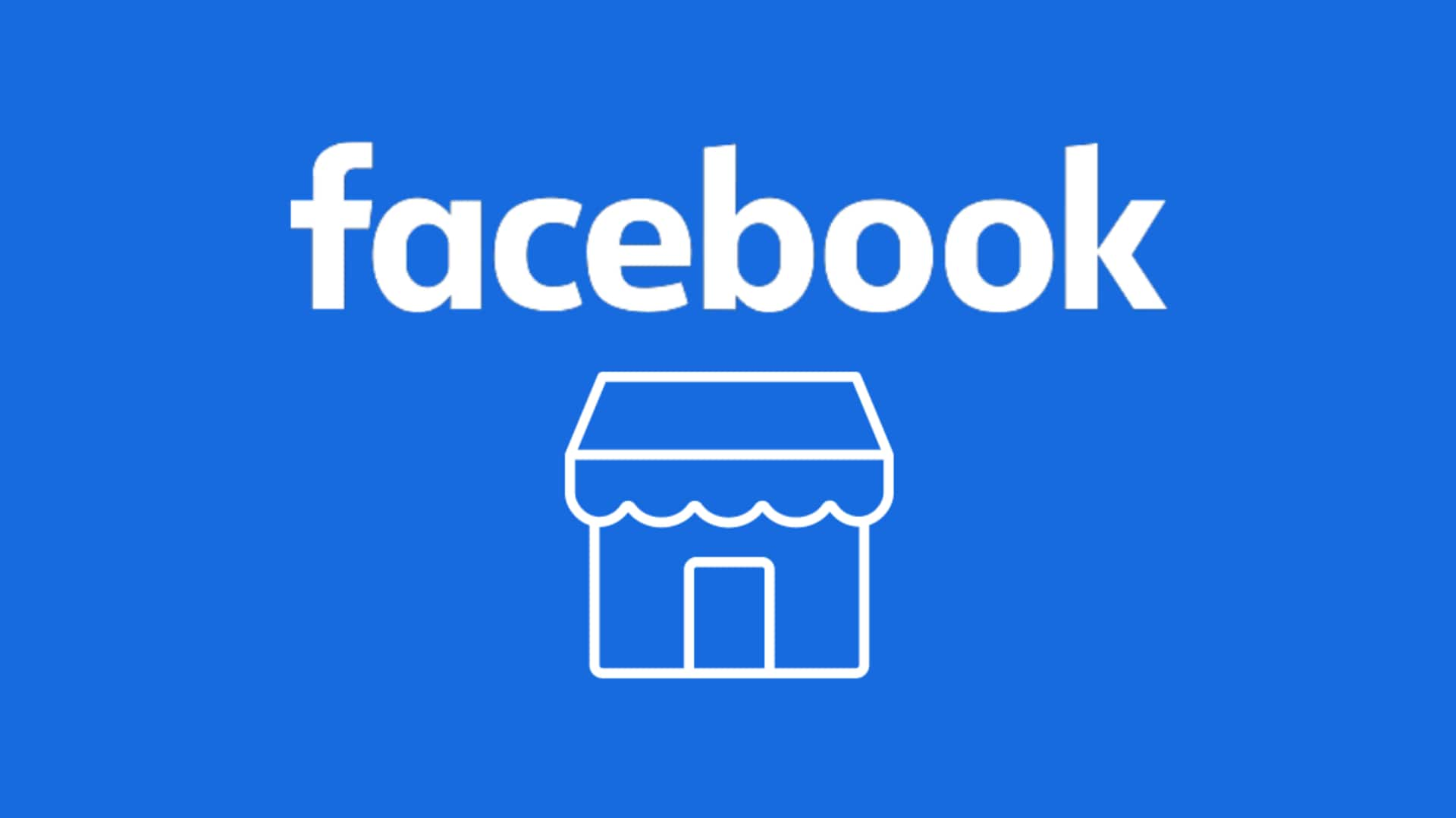
How to protect yourself from scams on Facebook Marketplace
What's the story
Facebook's Marketplace, boasting over 250 million shops and more than one billion purchases every month, has unfortunately become a hotbed for scam activity. The platform's policy of allowing anyone with a Facebook account to purchase, sell or trade goods has inadvertently made it easy for scammers to pose as legitimate sellers. Unlike Amazon, Facebook Marketplace connects buyers and sellers directly via Messenger, potentially leaving them exposed to fraudulent schemes.
Scam #1
Scrutinizing the seller's profile
Scams on Facebook Marketplace can appear convincing, but there are several red flags that can help users identify fraudulent activity. A crucial first step to avoid scams is to scrutinize the seller's profile. If a seller lacks a profile picture, an image banner, or past Marketplace listings, it's likely they are a scammer. This lack of information is often an indicator of fraudulent intent.
Scam #2
Beware of suspiciously low prices
Another common scam involves high-ticket items listed at suspiciously low prices. For example, if a new top-end Android phone or Apple AirPods are listed at dirt-cheap prices, it's likely a scam. Such deals, even better than Amazon's best offers, usually result in the buyer receiving a counterfeit product or not receiving anything at all.
Scam #3
Avoiding unsecured payment methods
Scammers often try to lure buyers into using unsecured payment methods. Users should only utilize trusted payment methods like PayPal (in the US) or Facebook Checkout to complete purchases as these methods offer purchase protection. If a seller insists on getting payments through say, cryptocurrency platforms, it's a red flag indicating potential scam activity.
Scam #4
Communication traps: Staying within Facebook Marketplace
Another common tactic used by scammers is to move communication outside of Facebook Marketplace. Both buyers as well as sellers should stick to communicating through the platform for their safety. If a seller asks to shift the conversation to another messaging app such as Telegram or Signal, it's best to refuse in order to avoid potential scams.
Scam #5
In-person meetings are must
Sellers who refuse to meet in person are often likely scammers. Meeting in person allows the buyer to examine the goods before paying, providing an additional layer of security. If a seller refuses to meet, even if they live in the same area or city, it's best for buyers to avoid such listings as they may be fraudulent.
Scam #6
Insisting on upfront payments
Scammers may also request a small payment upfront to hold a product. This is a common tactic used by fake sellers posting rental properties, often asking for irrelevant charges such as background check fees or paperwork charges. It's best to avoid such sellers and if possible, head to the property or ask someone in the area to confirm its legitimacy.